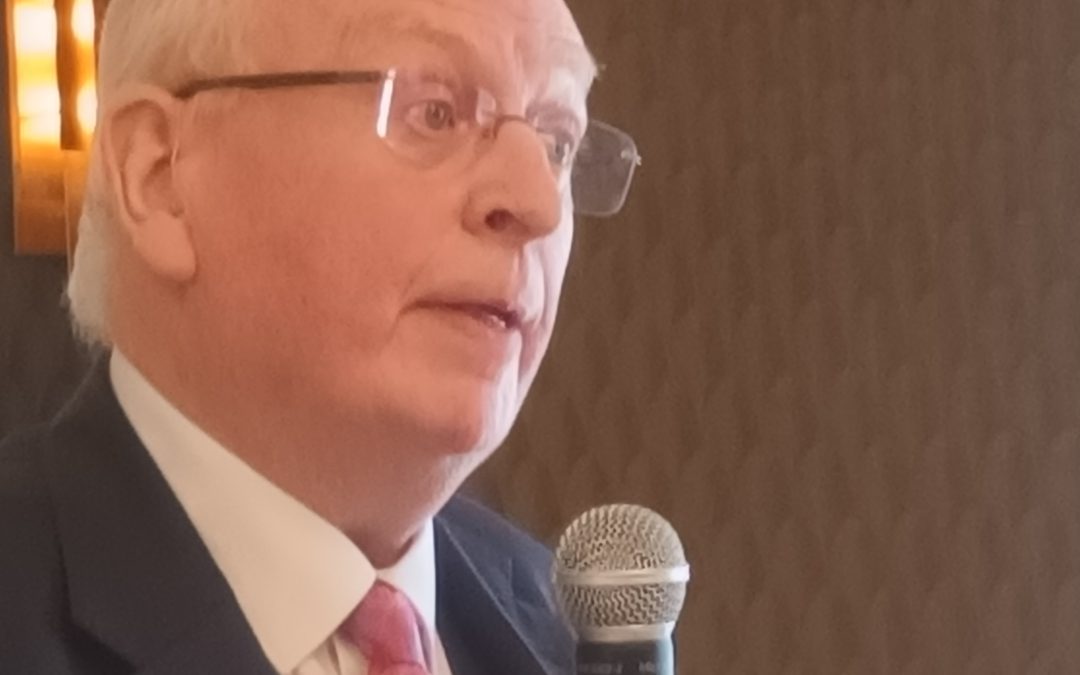Speech by Senator Michael McDowell, Grand Canal Hotel, Friday, 16th May, 2025
The single point of maximum vulnerability for the EU is its abject failure to deal with mass migration into Europe.
That is the Achilles heel of centrist Europe. Incorporating an unsustainable model of asylum rights into the EU charter of Fundamental Rights and Freedoms, based on international refugee conventions applicable to another era and another world, was a catastrophic mistake.
Member states are the appropriate places to decide on and implement such policies. Giving the EU at central level legal “competence” in this area – when it utterly lacks the collective will, political competence and means to deal with it – has brought a fundamentally destabilising element into the affairs of the continent.
Can anything useful be done at this stage? The answer is yes. Right across the member states, there is growing recognition that the status quo is unsustainable and that the much-vaunted EU migration pact is too little and too late. Member states are already acting unilaterally in response to their own electorates’ concerns on this issue.
Returning migration policy to be determined and implemented by member states is the way to go. The centre parties and centrist governments across the EU have the chance to collectively retrieve the situation before it tears the Union apart, to the pleasure of Washington and Moscow.
We saw recent elections even if in Romania the centrists held sway. The result of the Romanian election run-off will be a cause for some relief. It offers hope that Trumpism can be resisted by centre democrats in the member states of the EU.
The possibility that Romania would turn away from the EU and towards some engagement with Trumpism, Orbanism and Putinism would have spelt extreme danger for the future of the EU.
Combined with the growth of populism in Hungary and Slovakia, there are signs of movement in the tectonic plates of EU democracies. In France, right wing leader Jordan Bardella is showing opinion poll support ratings of 35 per cent two years out from the 2027 elections. The Alternative for Germany (AfD) is getting 20 per cent support in Germany and beat the SPD into third place in the popular vote last year.
Right wing politicians are doing well in Italy and Austria and have made substantial inroads in the Netherlands. Outside the EU, Nigel Farage’s Reform UK performed well in recent local elections and is gaining in popularity according to the polls. Whether he overtakes the Tories in the run up to the next UK general election or allies with them, the British first-past-the-post electoral system could easily see the Commons majority of Keir Starmer’s Labour Party toppled.

